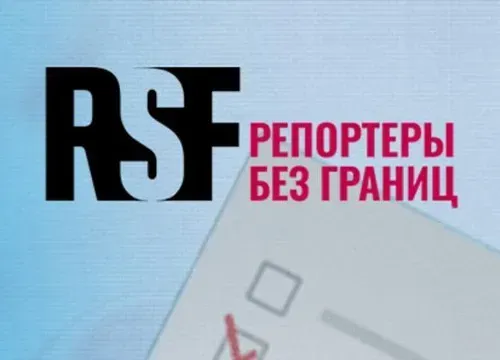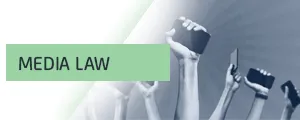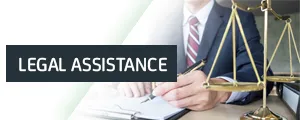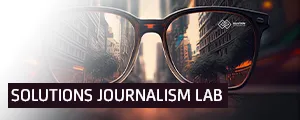"Reporters Without Borders" - about freedom of speech in Kazakhstan on the eve of elections

On November 18, the international human rights organization Reporters Without Borders issued a statement: On the eve of a snap presidential election on 20 November in which the incumbent is certain to be reelected, Reporters Without Borders (RSF) calls on Kazakhstan’s authorities to respect their international obligations and to guarantee an environment that allows journalists to work freely.
President Kassym-Jomart Tokayev, who is about to be reelected in the absence of any real opposition, must safeguard press freedom and not just talk about it in his speeches, if he wants to establish himself as the leader of a ‘new Kazakhstan’ that is democratic and liberal,” said Jeanne Cavelier, the head of RSF’s Eastern Europe and Central Asia desk.
“We are concerned about the undermining of press freedom ahead of the election and about the ongoing reform of the media law, which is liable to tighten the government's grip on the press. To improve the working environment for journalists and Kazakhstan’s ranking in RSF’s World Press Freedom Index, which the authorities say is their goal, they should take account of the proposals made by independent media and NGOs that defend free speech.”
Press freedom has been under attack in the run-up to the election. Some media outlets have been subjected to intimidation attempts or obstruction. For example, journalists with Radio Azattyk (the Kazakh service of the US broadcaster Radio Free Europe/Radio Liberty) were denied access to President Tokayev’s election campaign headquarters on 7 November. On 5 October, the news website Orda.kz received a package containing the head of a pig with a torn photo of its editor, Gulnara Bazhkenova, stuffed in the pig’s mouth.
The past few months have also seen an increase in distributed denial of service (DDoS) attacks – cyber-attacks designed to disrupt or block websites – against many news sites, including KazTAG and Orda.kz. Denounced by Radio Azattyk as a government-orchestrated pre-election “rehearsal,” the attacks succeeded in slowing or blocking access to online content.
RSF and almost 30 other international and local NGOs published a joint open letter to President Tokayev on 17 November calling on him to ensure free, open, and secure Internet access before, during and after the election.
“I am convinced that new democratic transformations are impossible without independent and responsible media,” President Tokayev said on 16 March, announcing an overhaul of Kazakhstan’s media law. But a consultative document published in September highlighted several proposals showing that the government wants to tighten its control over the media.
By expanding its definition of “mass media,” for example, the government would give itself the right to scrutinise the activities of all those who post information online, including not only bloggers but also ordinary social media users. Another proposal calls for increased regulation of online video platforms and TV streaming services, prompting concern about the possibility of closer control over access to international TV channels.
Adil Soz, a Kazakh NGO that defends freedom of expression, accused the authorities of failing to consult those affected by the media law or take account of alternative ways to address the current law’s flaws. The proposed new law is to be unveiled next year.
The Kazakh authorities have adopted a reformist discourse since Nursultan Nazarbayev’s resignation as president and “Leader of the Nation” in 2019 after a 30-year reign. But, at the same time, they have readily resorted to arrests, to Internet and telecommunications blocking, and even to violence to prevent coverage of major events including last January’s unprecedented anti-government protests.
Kazakhstan ranks 122 out of 180 in the RSF World Press Freedom Index-2022.





